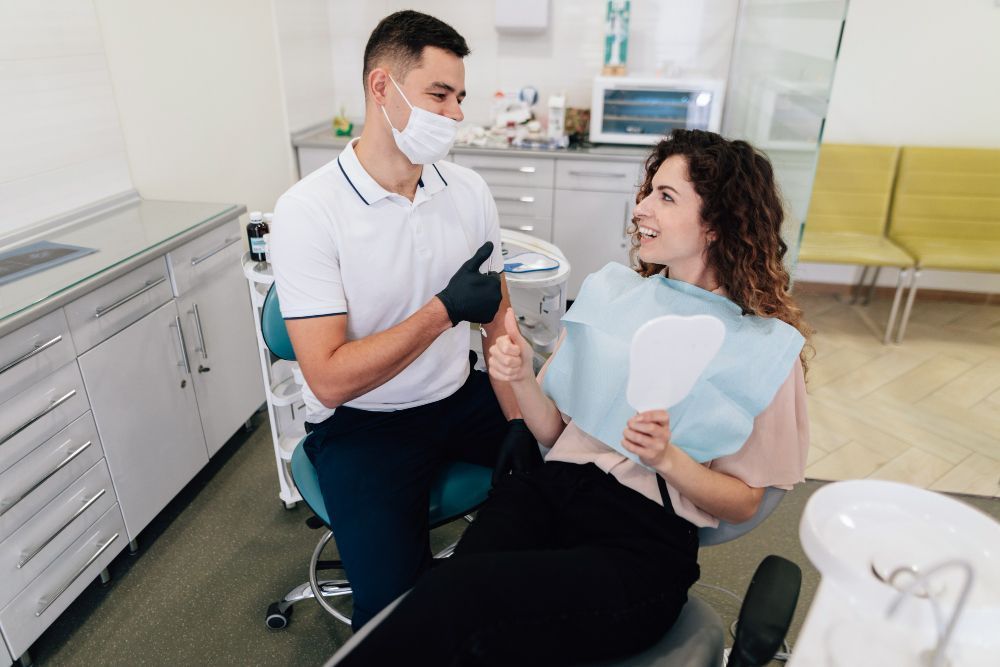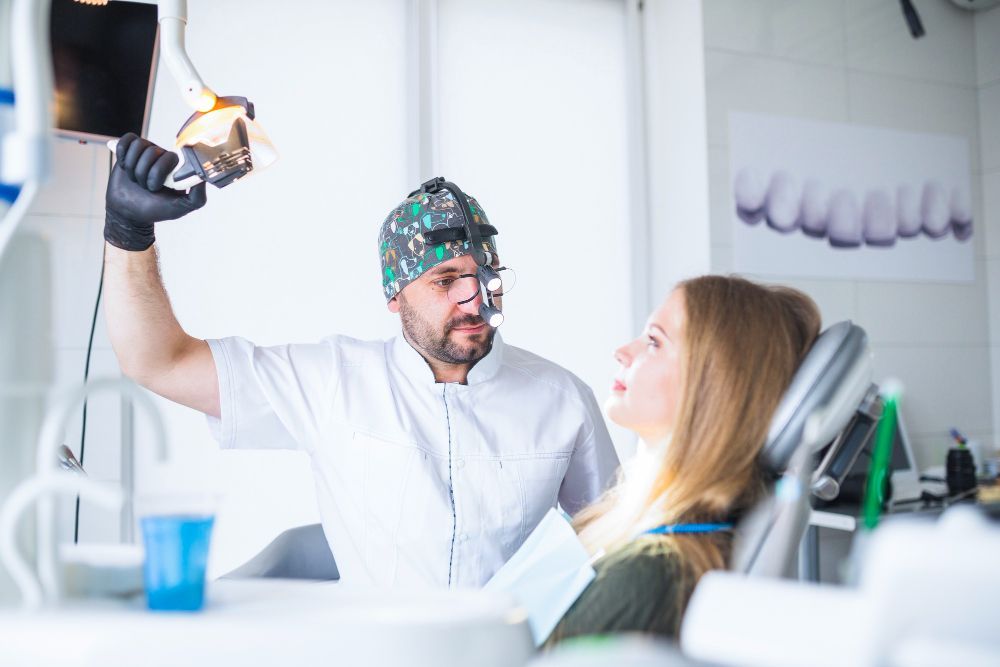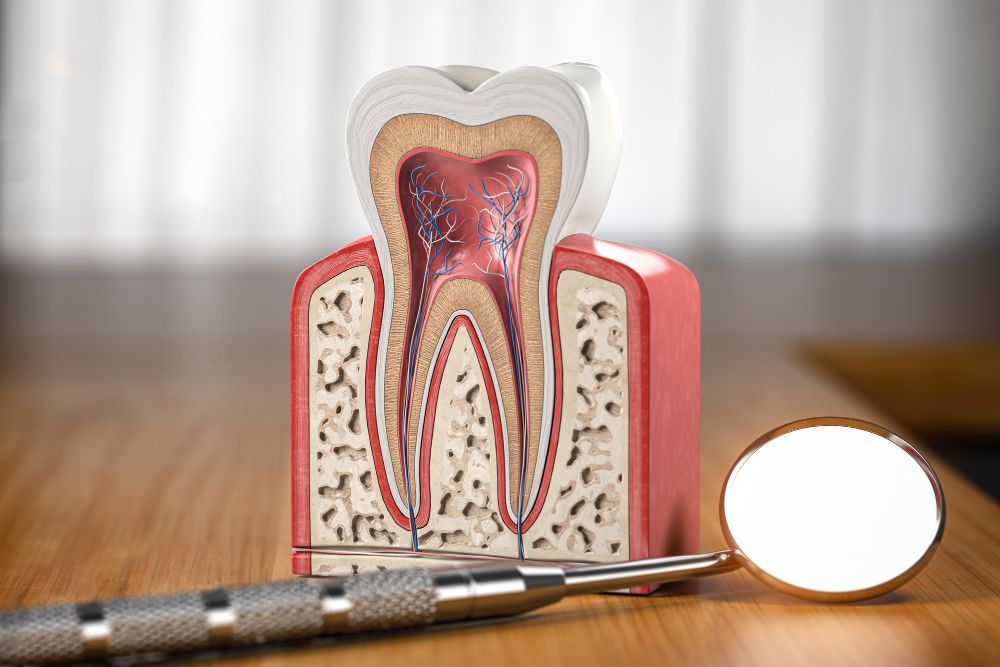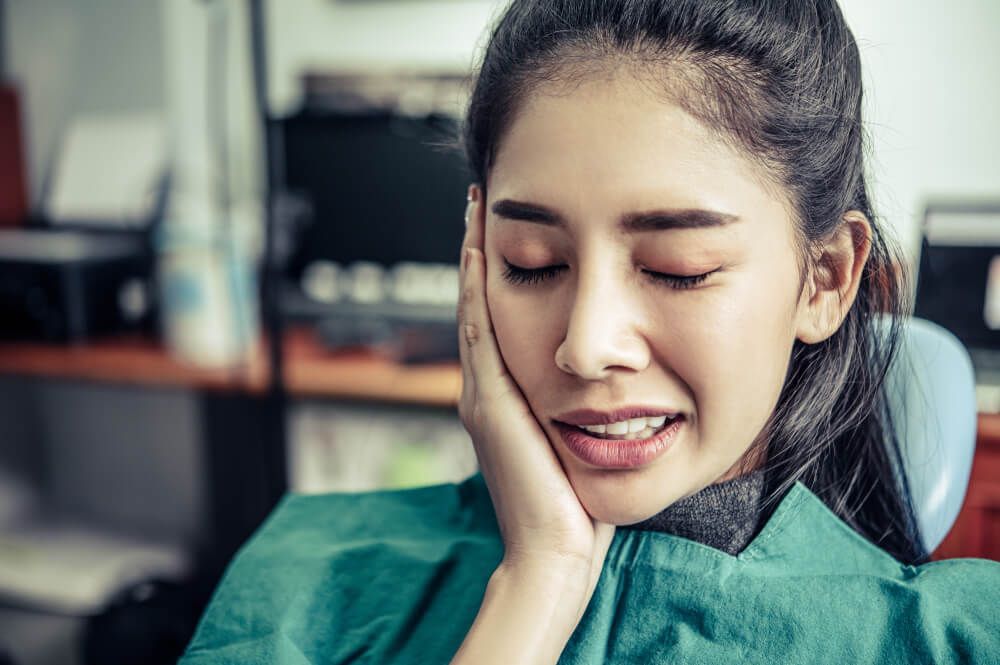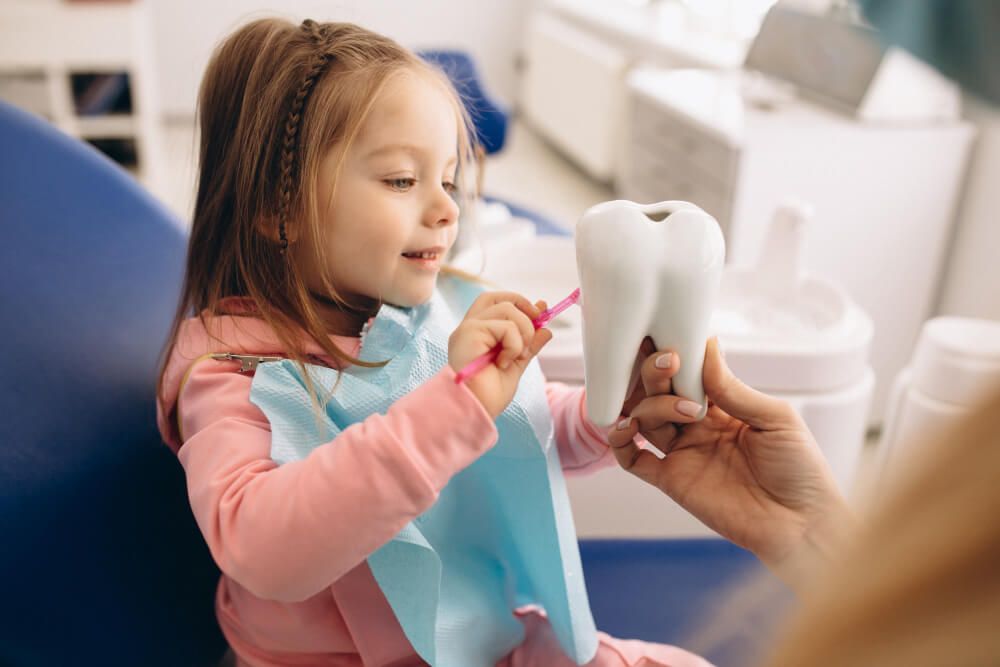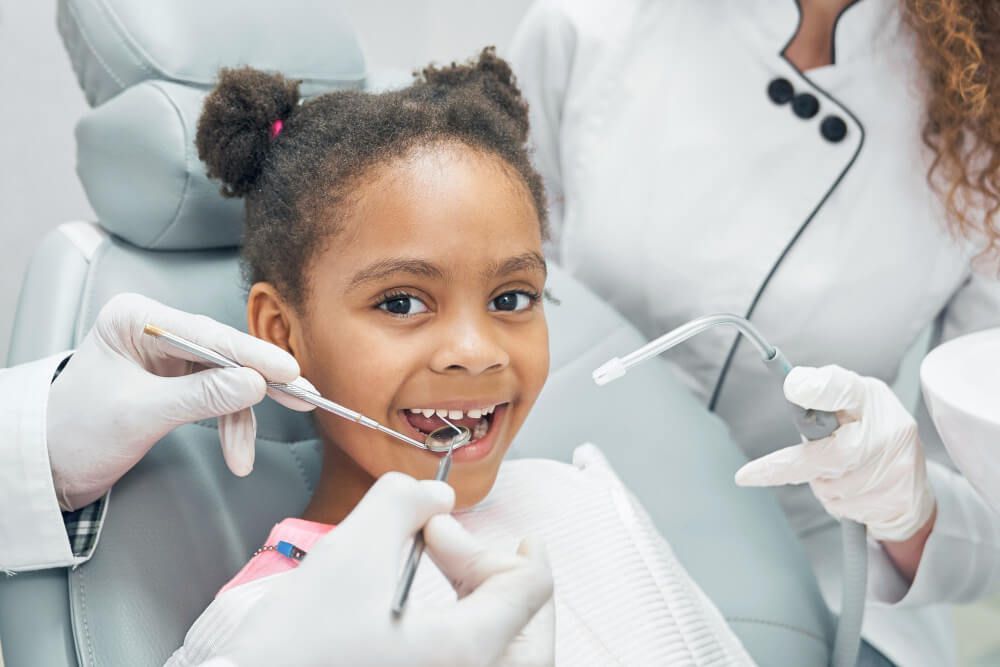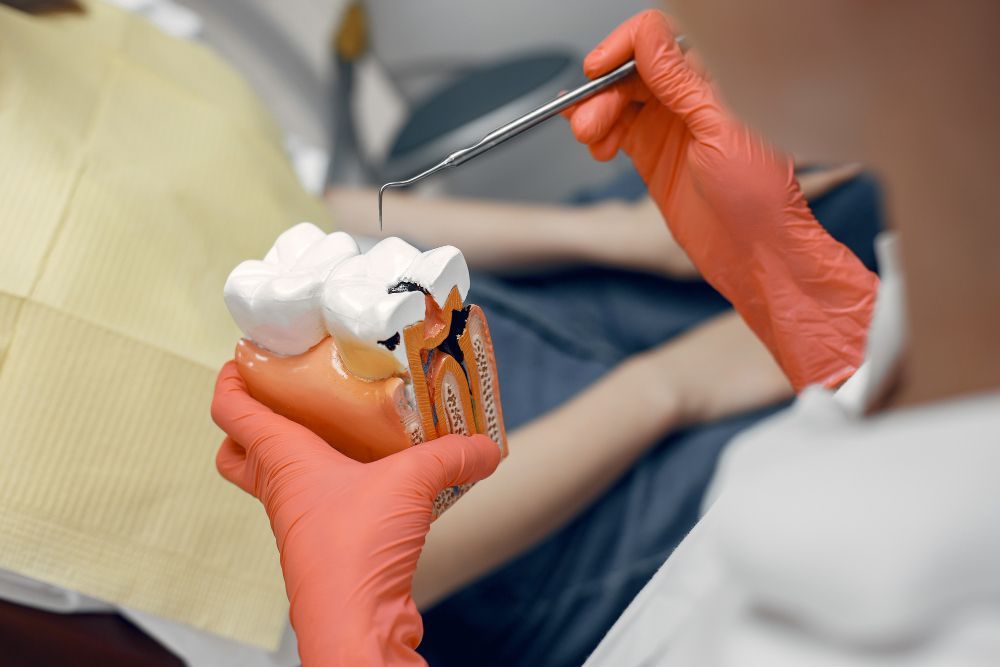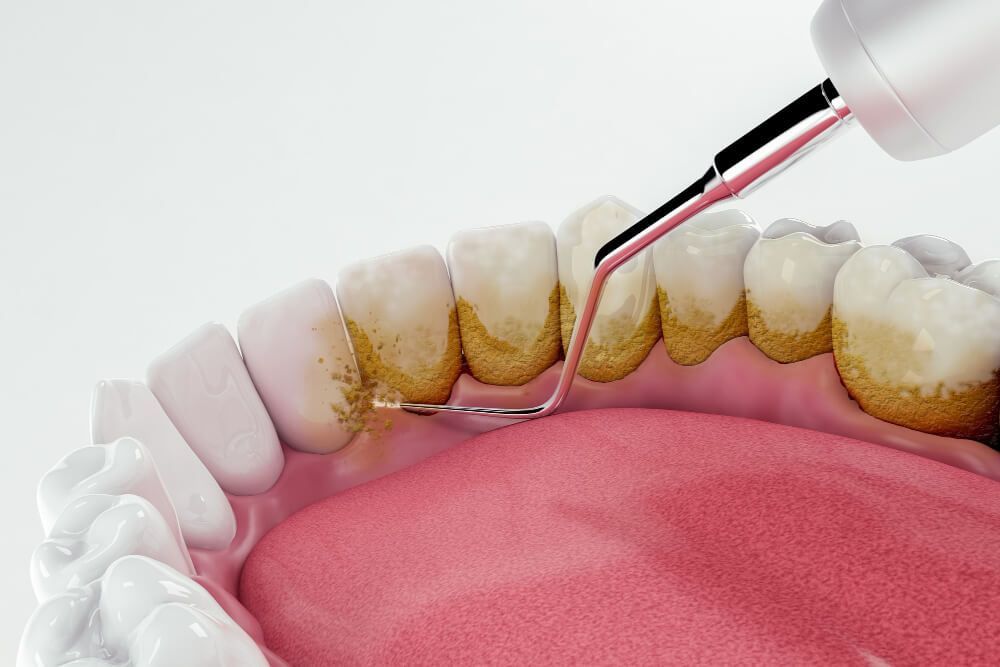Should you use mouthwash before or after brushing?
Should you use mouthwash before or after brushing?
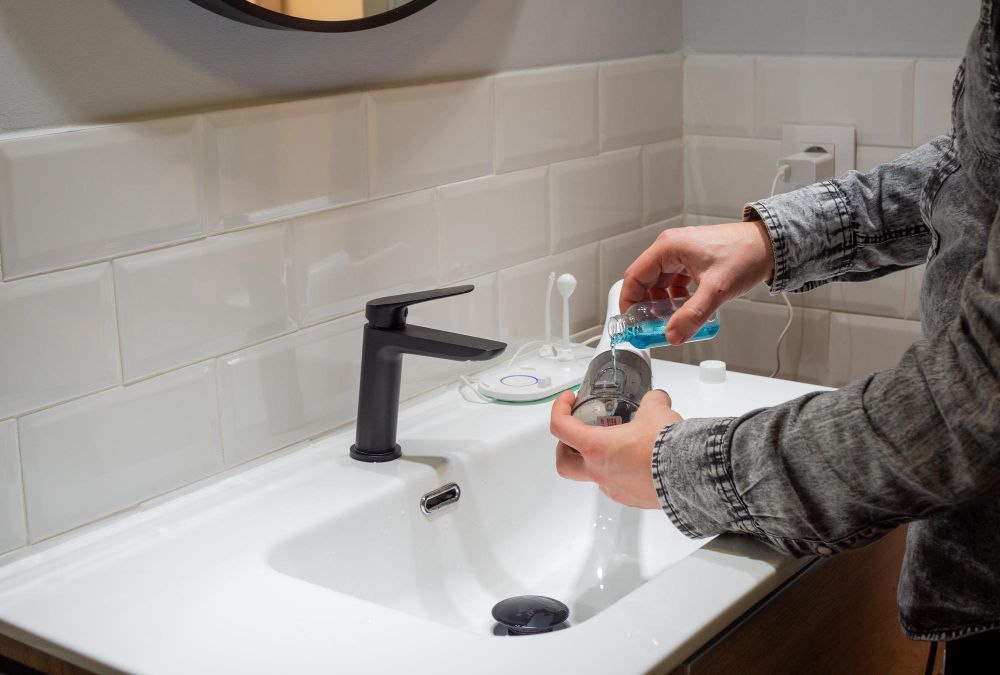
Good oral hygiene is essential to maintain healthy teeth and gums. One of the common questions people ask is whether they should use mouthwash before or after brushing. While there is no definitive answer, it's essential to understand the benefits and drawbacks of both methods to make an informed decision. In this article, we'll explore the advantages and disadvantages of using mouthwash before and after brushing, and which method is better for your oral health.
1. Introduction
Brushing and flossing are the most essential steps in maintaining good oral hygiene. However, using mouthwash can enhance the benefits of your oral hygiene routine. Mouthwash contains antibacterial agents that can reduce plaque and prevent gingivitis. It can also freshen breath and loosen debris. But, the question remains, should you use mouthwash before or after brushing?
2. Benefits of Using Mouthwash Before Brushing
- Reduces Plaque and Bacteria
Using mouthwash before brushing can help reduce the number of bacteria and plaque in your mouth. It softens the plaque, making it easier to remove with brushing.
- Freshens Breath
Mouthwash contains antiseptic agents that help kill bacteria that cause bad breath. Using mouthwash before brushing can help freshen your breath and leave your mouth feeling clean.
- Loosens Debris
Mouthwash can help loosen debris and food particles stuck in your teeth, making them easier to remove with brushing.
3. Drawbacks of Using Mouthwash Before Brushing
- Can Mask Dental Issues
Using mouthwash before brushing can mask dental issues like cavities or gum disease. It's important to visit your dentist regularly to identify any underlying issues that need treatment.
- May Lead to Overuse of Mouthwash
Using mouthwash before brushing can make you feel like you've completed your oral hygiene routine, leading to overuse of mouthwash. It's important to use mouthwash as directed by your dentist or the product label.
4. Benefits of Using Mouthwash After Brushing
- Enhances Fluoride Protection
Using mouthwash after brushing can enhance the benefits of fluoride in toothpaste. Fluoride helps protect against tooth decay by strengthening tooth enamel.
- Reaches Areas Missed by Brushing
Mouthwash can reach areas that brushing and flossing miss, helping to remove any remaining bacteria and debris.
- Freshens Breath
Using mouthwash after brushing can help freshen breath and leave your mouth feeling clean.
5. Drawbacks of Using Mouthwash After Brushing
- Can Wash Away Fluoride
Using mouthwash after brushing can wash away fluoride from toothpaste, reducing its effectiveness in protecting against tooth decay.
- May Cause Sensitivity
Using mouthwash after brushing can cause sensitivity in people with sensitive teeth or gums. It's important to choose a mouthwash that's gentle on your teeth and gums.
Which is Better: Using Mouthwash Before or After Brush
Both methods have their advantages and disadvantages, and the choice ultimately depends on individual preferences and oral health needs. Some dentists recommend using mouthwash before brushing to loosen up food particles and bacteria, while others suggest using it after brushing to enhance the effectiveness of fluoride. Whichever approach one decides to take, it is important to remember that mouthwash should not replace brushing and flossing as the primary means of maintaining good oral hygiene. Regular dental checkups and cleanings are also crucial for preventing tooth decay and gum disease.
